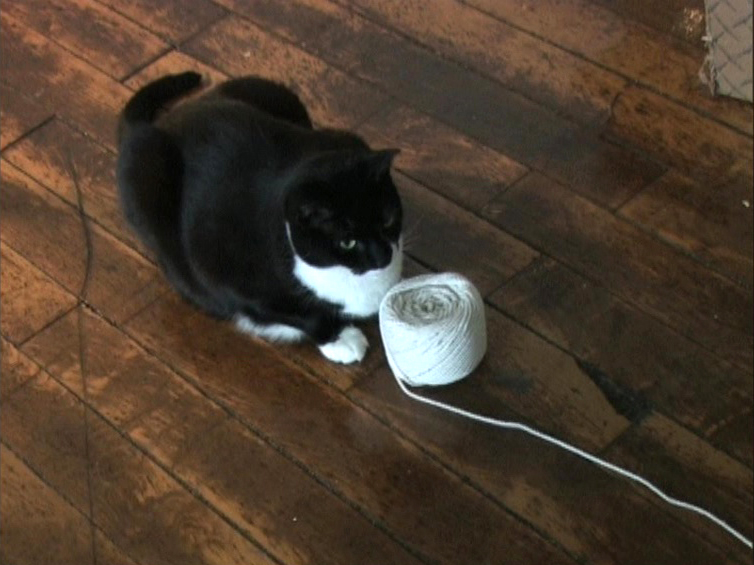
Correspondence Between Jonas Mekas and José Luis Guérin
Between 2010 and 2011, the filmmakers and artists José Luis Guérin and Jonas Mekas exchanged nine video letters as the result of an initiative of Jordi Balló. The result was a feature-length film of infinite tenderness, assembling a personal diary, travelogues and key reflections about images. Existential cinephilia, poetic horizons, artistic kinship, elegiac sensibility, a community of views, radicalness, autonomy, all these things bring together these two “friends in cinema” (as Jonas Mekas puts it), whose respective works are characterised by the renewal of descriptive forms and the challenges of observation.